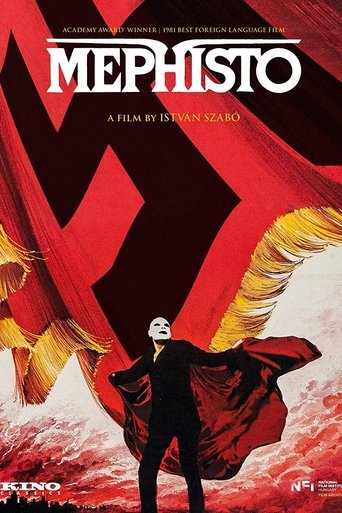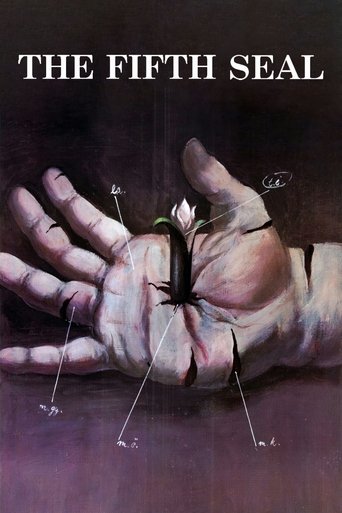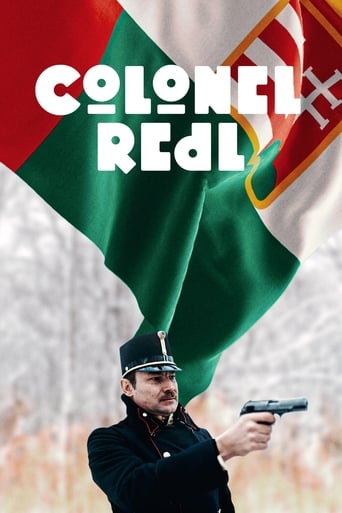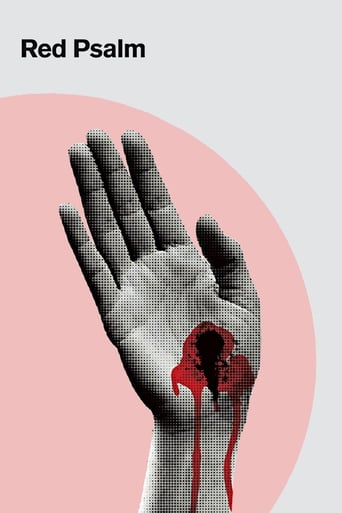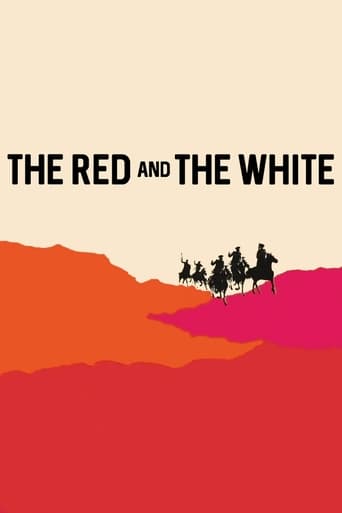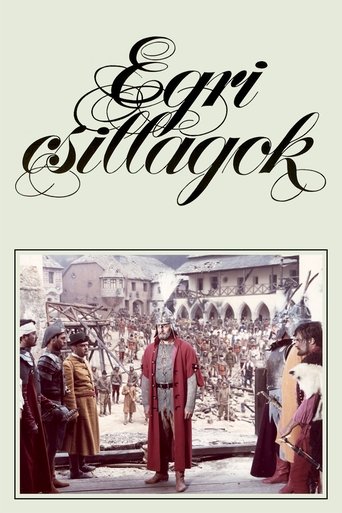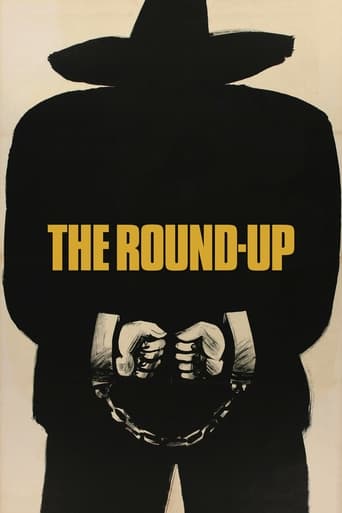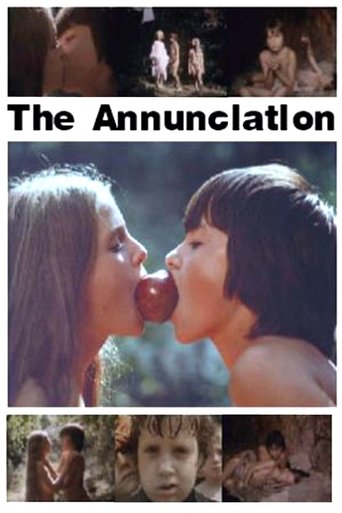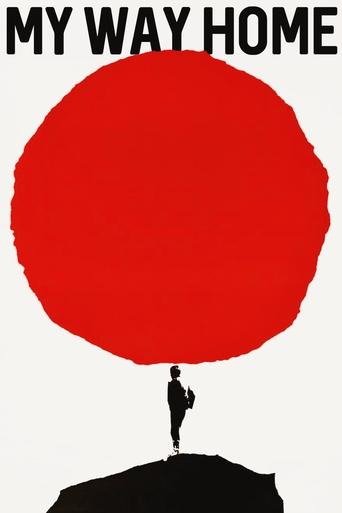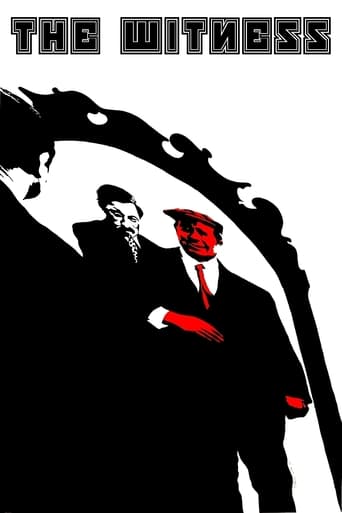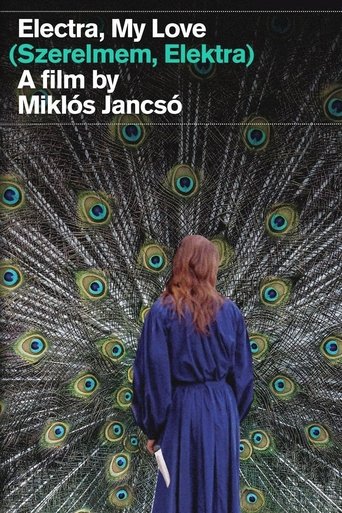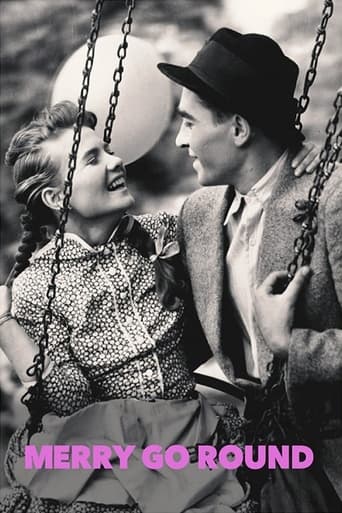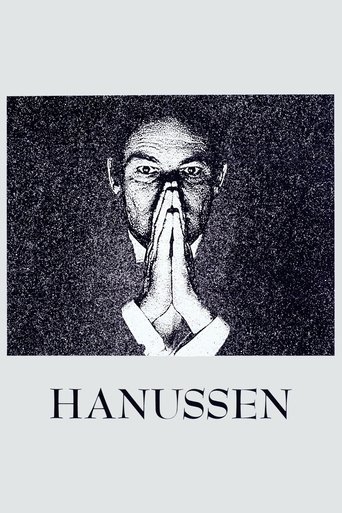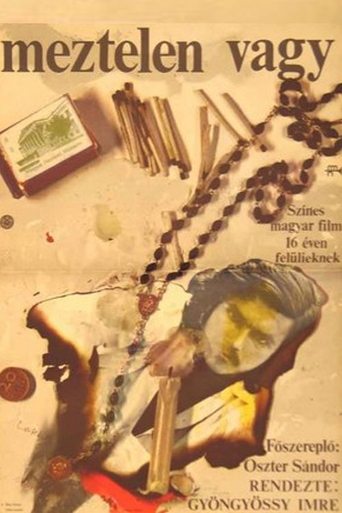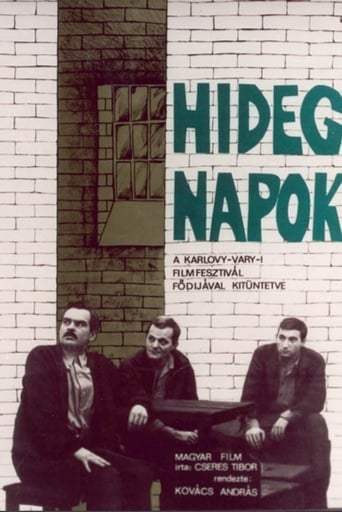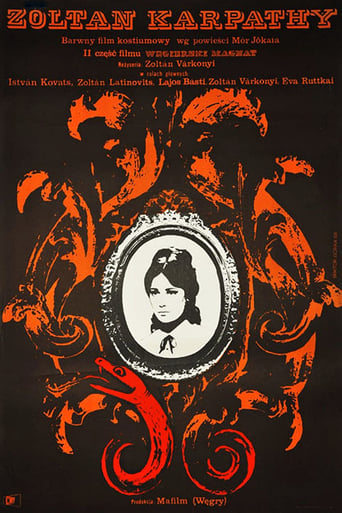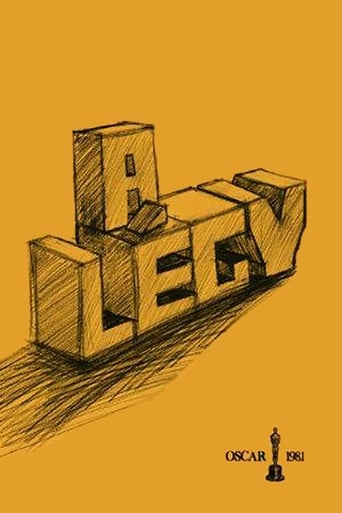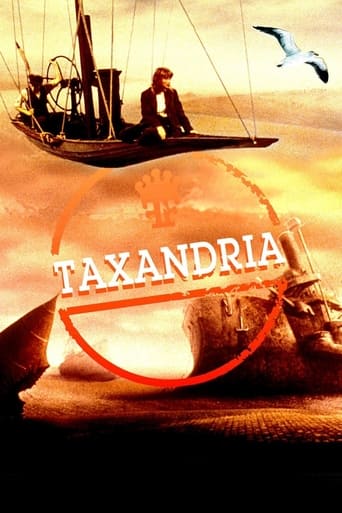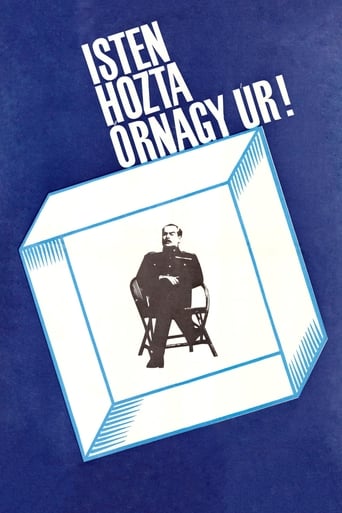The Annunciation (in Hungarian: Angyali üdvözlet) is a Hungarian film directed by András Jeles in 1984, based on The Tragedy of Man (1861) by Imre Madách. When Adam (Péter Bocsor) and Eve (Júlia Mérő), having succumbed to Lucifer's temptation, are cast out of the Garden of Eden, Adam holds Lucifer (Eszter Gyalog) to his promise, reminding him that "You said I would know everything!". So Lucifer grants Adam a dream of the world to come. And what a bizarre dream: Adam becomes Miltiades in Athens; a knight called Tancred in Byzantium; Kepler in Prague; Danton in revolutionary Paris; and a nameless suitor in Victorian London. Guided by a deceptively sweet but ultimately contemptuous Lucifer, Adam confronts an endless procession of the horror of the human story... rapists and concubines, betrayal and savagery, mindless cruelty and fanaticism.
